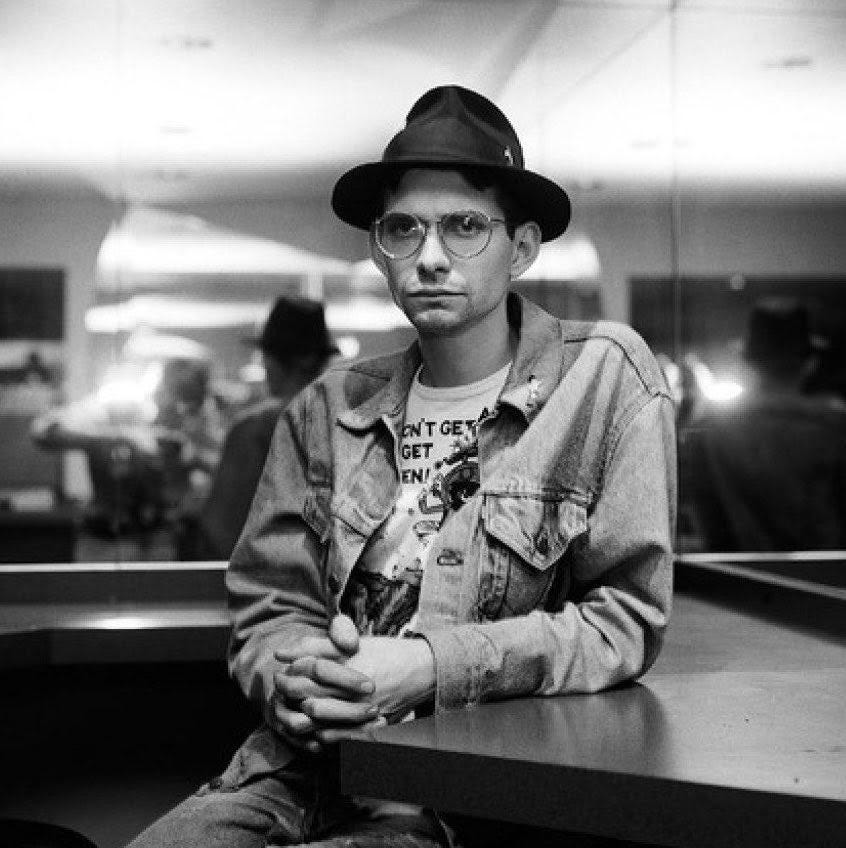First Impressions 015: Afro-futurist visions, psych-chamber beats, neoclassical art damage and more.
Initial vibes on new music
Hello!
I’m conflicted about diss tracks. They’ve been a fun sport for fans of lyrical dexterity. Now, the battle between Drake and Kendrick Lamar is over a decade old and on current form, neither of them seem exhausted or ready to announce they are stepping away in the name of dignity or integrity. Getting bodied is in hip hop’s DNA, but Drake and Lamar are on it like they’re both running for president. It’s the stuff of those campaigns we grimace at – straight-up dirty politics made up of the lowest of blows by awfully compromised people as they reach for ultimate power. Yet we pull the out the popcorn when rappers go ringside. Yesterday, Questlove posted about a complicit audience baying for blood, declaring ‘hip hop is truly dead’. (paging billy woods) Maybe it’s because the public at large sees hip hop as a kind of cartoon – unbound, grotesque, whimsical, no HR department. Nothing wrong with that in principle, but I wonder about the reasons. Can you actually other a music culture? I don’t know where diss tracks have yet to go to, but you have to hand it to Abiodun Oyewole from The Last Poets, one group who can truly claim to be hip hop forebearers, and the pledge for their poetry blasts inherently connected to the origins of rap:
“I want to feel good about me, and blame no one for my misery. I want to say what I know, to make my brothers and sisters grow.”
-
OK, let’s go:
Here In The Pitch – Jessica Pratt: In spite of making a move from her dark lane towards Tin Pan Alley, Jessica Pratt can still look over her shoulder to invite a shadow upon her dreamworld. Opening up to a delicate bloom of orchestration, Here In the Pitch keeps the greyscale touch of Pratt’s distinct turn of phrase, which is like running your finger along a stretch of plush velvet only to hit a coarse spot shaped from life’s wear and tear. She’s no hopeless romantic. Rather, she yearns to find her place in a universe suspended in the glow of promise.
Pattern Damage – Bianca Scout: With the aptly-titled Pattern Damage Bianca Scout gracefully navigates an unlikely Venn diagram of hushed ambience, chopped r ‘n b, angular synth-pop and chamber music, rendered as one hallucinogenic fog of sound. In the odd enchantment of its flow, Scout’s layered vocals are the album’s main signal carrier, echoing both solace and strength in their sense of dislocation. The only throughline here is the psyche of competing headspaces, and Scout makes impulse a crucial instrument for these singular creations.
Luminous Rubble – Blockhead: With access to the KPM Library Music collection - God’s own gravy for any sample fiend - Blockhead puts the rose-coloured glasses on, dives headfirst into the hidden epitome of 60s and 70s cool, and comes out tripping with a symphonic weight to this set. Blockhead wrings the source material for all its nuance, detail and drama through his sense for cinematic intrigue, freewheeling like a car chase in a 60s spy movie through conflations of jazz, chamber, funk and psychedelia with spooked cool and dazzling production finesse. This is a nostalgic blow-out of the best kind.
Late Morning - Michelle Moeller: A graduate from the famed (now closed) Mills College, Late Morning is a delightful upending of Moeller’s classical piano training, bending melodies into a tightrope act of skittering, liquid shapes. Synths, flute and percussion are deployed to assist with cheeky abandon, playing out like an old time radio play without a script. At times I’m reminded of the bounce and verve of David Behrman’s Leapday Night, though we’re in a different ballpark where the view is more distorted.
Keyi Toko Zonga - Troposphere 7: Afro-futurist visions from the pairing of Uganda-based Rey Sapienz and Korean-based MB Jones, filtering and devolving soukous music into a kind of distended digital dancehall popping off at high speed. This is not as wilfully unhinged as some of the most righteous releases of the Nyege Nyege label (Sapienz is connected to their offshoot Hakuna Kulala label), with the pair percolating euphoric grooves and fingerpicked melodies, but then choose to bury them under mazes of echoing, vaporous voices and skittering atmospheres to conjure psychedelic reverie at its most unbound.
Place – Rhucle: Most things I’ve heard from Japan’s Rhucle (there’s over 60 works to date) feel like they’ve been made in response to softly evolving weather patterns, closing in on the details then panning out for nicely nestled ambience. Place continues his fascination with water movement, with feather-touch piano buoying his trademark liquid textures. If the repose of being curled up and looking out onto lightly falling water on a window pane is your type of snug, look no further.
Thanks for reading.
“Pop music is for children and idiots.”
Thanks for all the music, and so much more, Steve Albini.
-
Andrew Khedoori is the curator of Longform Editions.
First Impressions visual by Mark Gowing.






Steve Albini. What a loss.